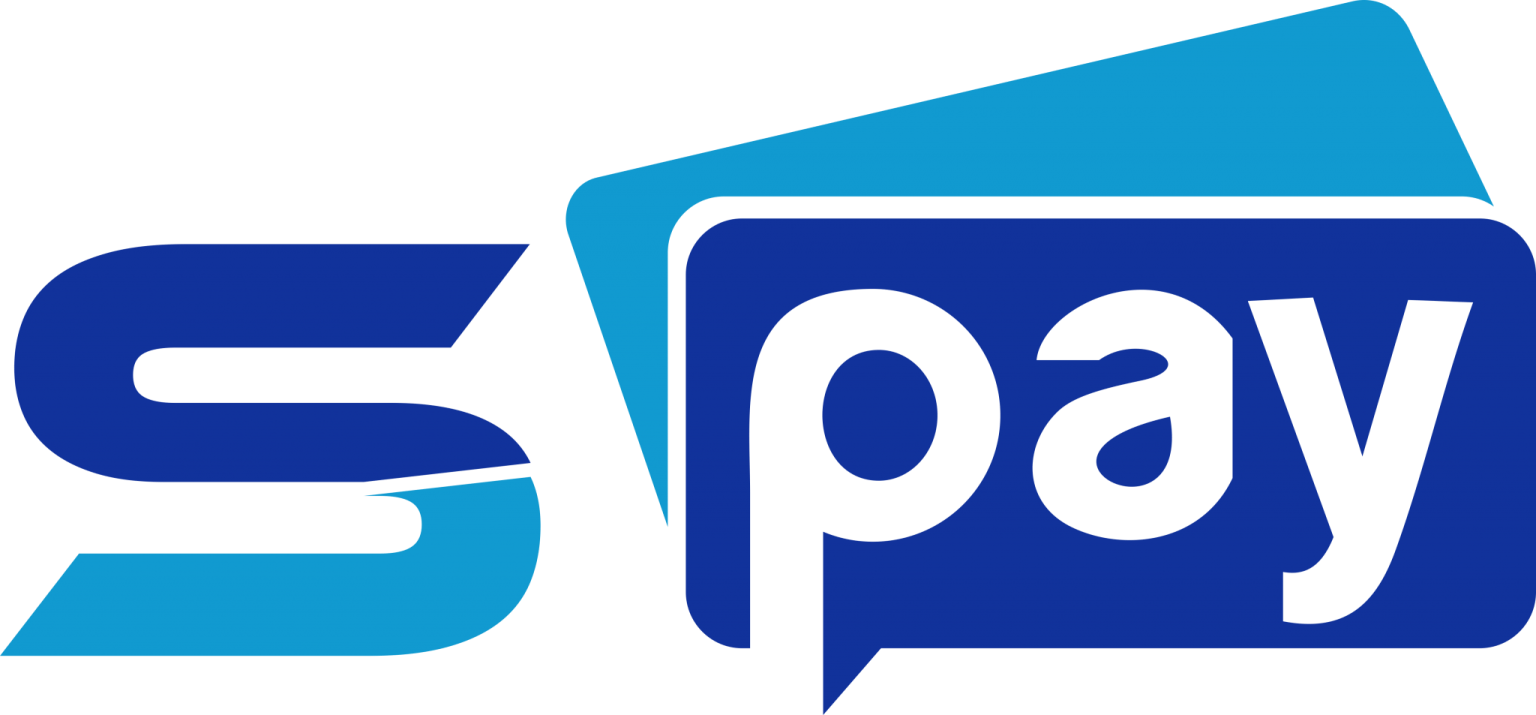What Is a Business Account?
A business account can be defined as a financial account used for business purposes. A bank or a financial institution generally maintains this type of account. It offers business owners an easier way to separate their funds from their business cash flow. However, by creating a business account, you can access additional features designed to create less friction for daily operations. Let’s say a business checking account can come with invoicing software integrations to make bill payments easier and save time on reconciliation.
The next question that comes to your mind after reading the meaning of a business account is how to open a business bank account. To unlock your business account, you will need to provide some proof of your business that can include the following:
- Employer identification number (EIN).
- Business formation documents.
- Business License
- Ownership agreement
Types of Business Accounts:
Business checking account-
A business checking account can be defined as the backbone of any business. From this account, the payroll is deducted, payment of bills is made, and sales are deposited. Checking accounts is the first relationship a business will have with a bank. However, properly maintaining this account can create a relationship that can be beneficial if the company needs funding for expansion or a line of credit.
Merchants account-
Businesses that accept credit cards will need a merchant account for payments made with credit cards. Merchant accounts also accept online payments that might be made through a credit card, online payment processors, or QR codes. Moreover, a merchant account allows businesses to get all charges, which is a unique and convenient customer benefit. Reserves are set up through a bank and a third-party processor. However, a business with an online presence will find a merchant account helpful.
Accounts payable-
Accounts payables are a listing of accounts the business owes to its creditors. Some examples of these accounts include mortgages, car notes, and lines of credit extended to the company by other firms. However, this account is different from typical business expenses because they are long-term accounts. Payments on accounts payable are usually disbursed from the business checking account.



Accounts receivable-
Receivable accounts are the opposite of accounts payable, as these accounts exhibit money owed to the business by other businesses. Let’s understand this with an example- suppose the company extends credit to its customers, and the amount owed to the business is receivable. Money is not credited to this account; rather than payments on a receivable are deposited into the business checking account. This account, along with the account payable account, are informational accounts.
Payroll accounts-
For the business with employees, cash from the business checking account is moved into the payroll account. Using separate accounts to pay employees makes tracking the amount easier for accounting and tax purposes. Not all businesses use a specific payroll account; instead, they choose to deduct the total amount from the business account, but from an accounting viewpoint using the payroll account makes things easier.
What are the Advantages of a Business Account?
With the help of a business account, there are many features you can take advantage of some are discussed below-
Separate your finances
Flexible payment methods
With a merchant account, you can accept card payments from customers. But you must have a business account to use a merchant account. However, this becomes vital when running an online store as it can help secure more sales.
IRS compliance
Professional appearance
What Do You Need to Open a Business Account?
After you decide on the type of account you need and find out the best banks for small businesses, it’s high time to take action. The next step is finding out what documents you need to open a business account. This will also clear your mind if you think about what do I need to open a business bank account.
- Your social security number
- Two identifications documents like a driver's license, state ID card, or passport
- Your EIN (Employer Identification Number), however, if you are a sole proprietor, you will not need one, but registering with your EIN can prevent identity fraud.
- Your business's name or "doing business as" certificate can get this certificate through a local, state, or country agency.
- Specific paperwork for your business depends on the business type.
What Should You Consider While Opening a Business Account?
Banking fees-
Although you can reduce banking fees while filing for your business taxes, that does not make them more fun to pay. Therefore, read the list of fees carefully and consider how many you are comfortable with. However, some banks advertise zero account fees. Check with other charges like cash deposits, withdrawals, transfers, and account maintenance.
Minimum balances-
Many banks have minimum balance requirements for business bank accounts, particularly brick-and-mortar banks. This may or may not be a concern based on how you plan to save and use your funds. However, if you operate on a cash-in and cash-out basis, your minimum balance can fall below the beginning, developing additional fees for your business. And if your account balance changes frequently, choosing a business account with no minimum balance requirement will be helpful.Interest rate and saving options-
Interest rates matter if you plan to develop a big roost in your savings account. However, it’s a good practice to check out the interest rates from different banks and choose the one that helps to make the most of your savings.

